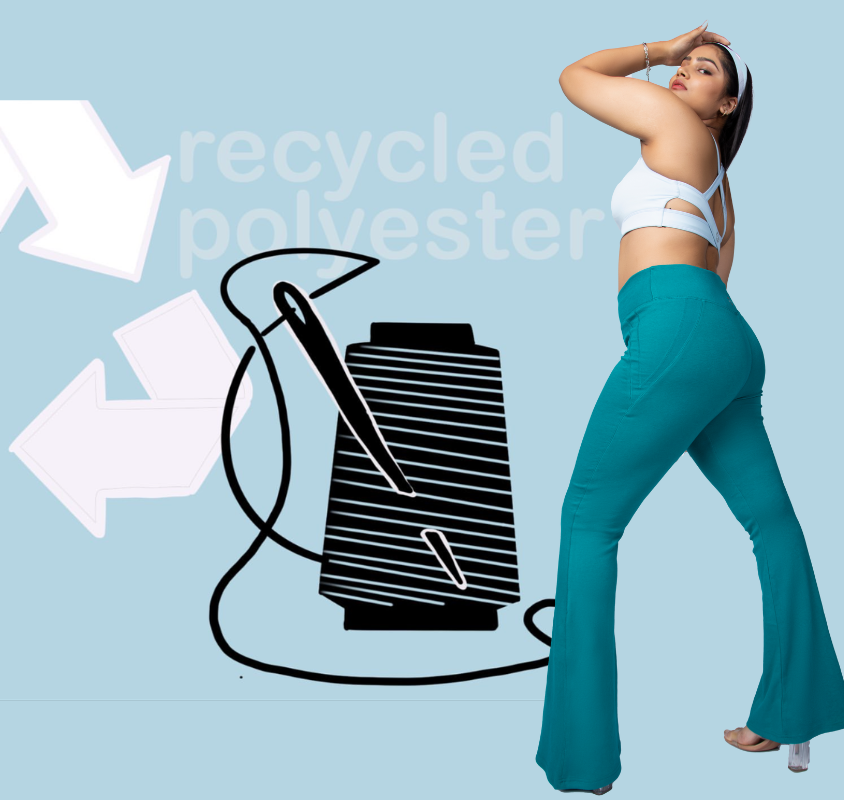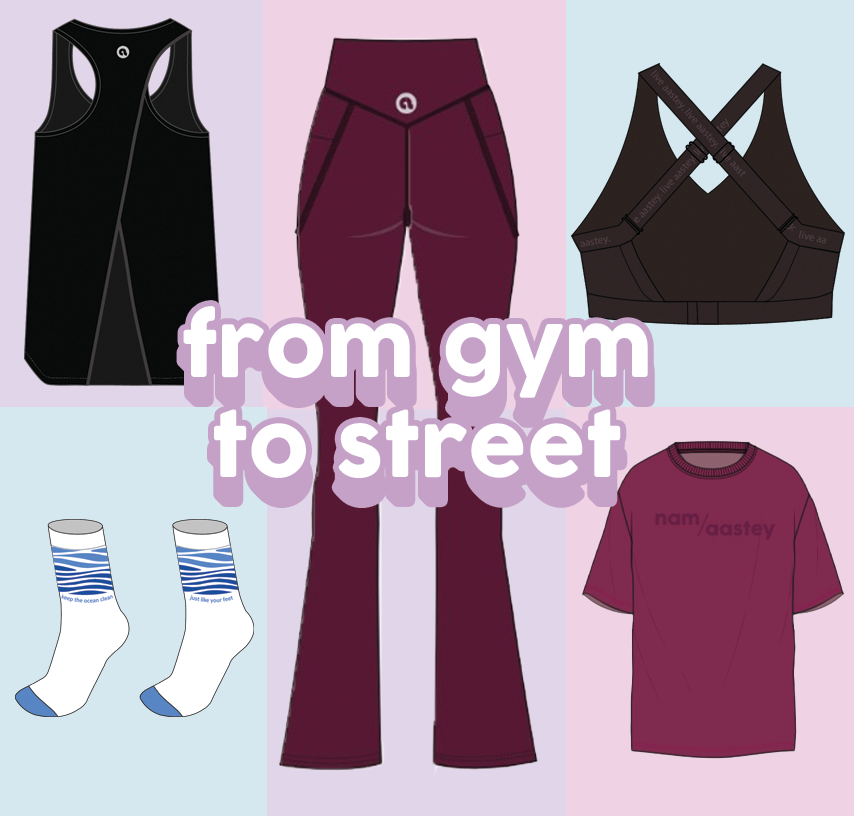less is more. limit your consumption. be more with less. declutter. digitize. downsize.
the culture of minimalism is full of such stressful advice about how we can completely reinvent ourselves, love ourselves and save our planet. let’s assess this trend and how much of it is worth pursuing and what needs to be reassessed.

what is minimalism?
minimalism is a movement that stresses owning only what you need and nothing more.
like we said, it’s about less is more and the belief that if we have less, then we have more time to care for those things and more space for ourselves.
minimalism in the fashion industry

minimalism in the fashion industry has emerged as a counter to the fast-fashion culture. we have talked enough about the perils of fast fashion on this blog. textile waste, water consumption. synthetic materials like polyester that emit greenhouse gasses. fueled by consumerism, fast fashion is all about keeping up with the ever-evolving trend. you just can’t escape this never-ending cycle. minimalism says that you can by rejecting all. so that we can make the clothes we own last longer.
is minimalism worth it?
you could think of the minimalist movement as a result of the 2008 housing crisis that plunged the western world into a deep state of recession. but eventually and lately, the movement has transformed into an aesthetic language from a necessary way of living for many who lost everything. it is now an aspirational way of life. when you see kim Kardashian showcase her 60-million-dollar house as a “minimalist monastery”, you might start doubting the intention of this movement.
but why shouldn’t we adopt a lifestyle that offers us less stress, more time, fewer things to care for, and above all a promise for freedom?

critics like Kyle Chakya say that while the philosophy of minimalism has an important message, we need to find a deeper meaning within the tradition that goes beyond the aesthetics that have become popular on Instagram. a sort of “minimalism of ideas rather than things.” He talks about the importance of engaging with things so that we can challenge ourselves and re-emerge from the ashes with more.
in the end, minimalism is a counter to overproduction, not overconsumption. overconsumption is only a consequence of overproduction. but Chakya stresses that somehow popular minimalism is not talking about the market forces that have trapped us in this never-ending cycle. we are not broken because we want to be. we have been injected into a system that doesn’t stop moving. there are larger structural problems that popular minimalism refuses to address. the world is full of possibility but also more troubled when we strip away our possessions.
the individual can only do so much if the system is flawed.
we leave you with these words because we believe there is an answer, but it is not as neat as we would want.
until next time, live aastey.

































